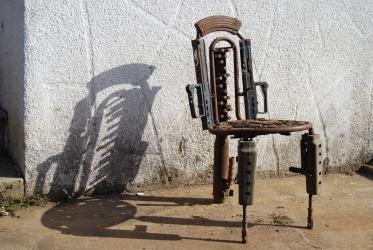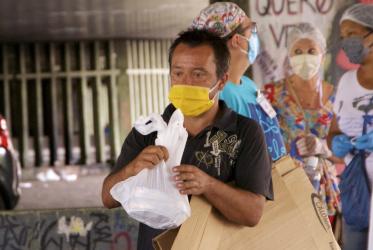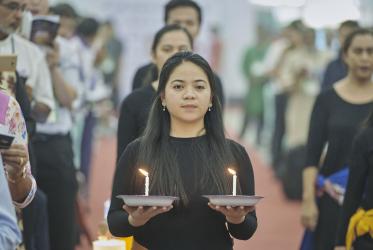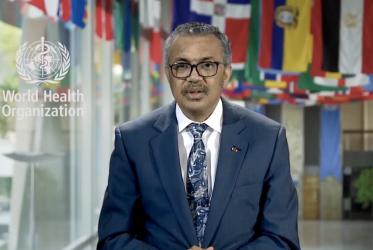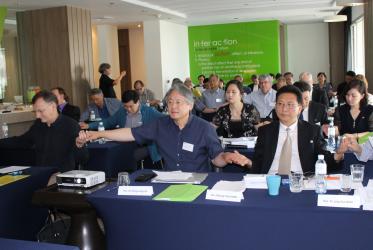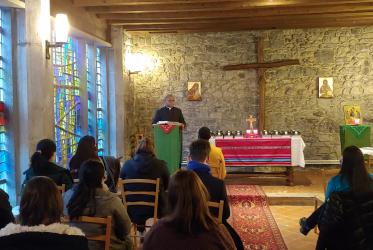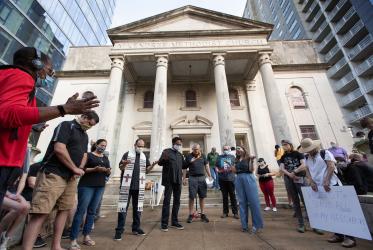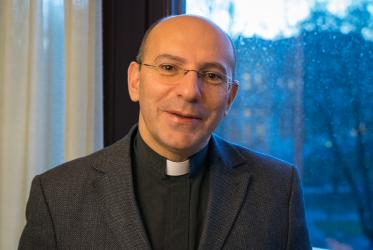Displaying 161 - 180 of 724
Peace and unity on the Korean Peninsula matters globally
25 February 2021
Un œcuméniste palestinien plein d’espoir, mais pas optimiste
10 December 2020
A hopeful, but not optimistic Palestinian ecumenist
09 December 2020
Rev. Dr Hans-Ruedi Weber dies at 97
29 October 2020

